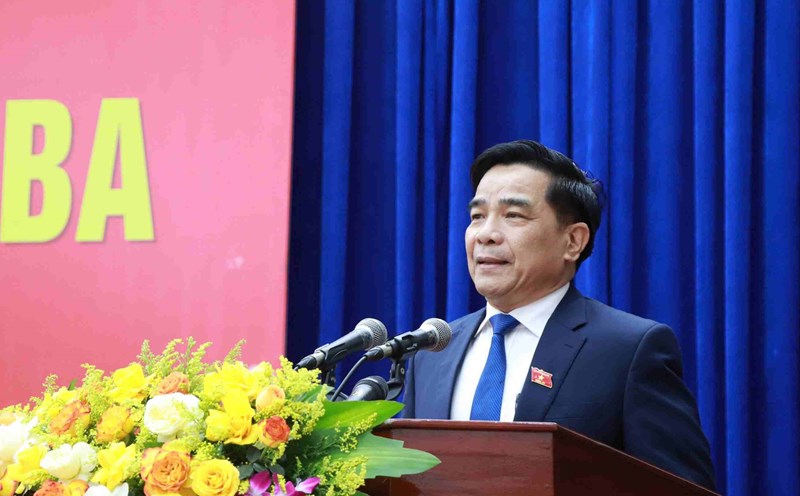"What people and businesses can do and do better, there are mechanisms and policies to encourage; what people and businesses cannot do, the State must do".
Prime Minister Pham Minh Chinh's speech at the June 2024 legal session was a strong political message, affirming the proper role of the State in creating and reshaping the reasonable line between the role of the State and society, between management and service.
In the process of building and perfecting institutions, determining the correct role of the State is decisive for policy effectiveness.
A state is created by the state that knows how to "choose jobs to do", knows how to give way to businesses and people to do what they can do, do better.
From there, focus on core areas such as law-making, ensuring fairness, regulating development and protecting vulnerable groups.
In reality, the most effective policies in recent times have not been the most widely covered policies, but policies on correct decentralization with clear responsibility addresses.
That is also the reason why the Government upholds the spirit of "6 clear" - clear people, clear work, clear responsibilities, clear time, clear authority and clear results.
Looking at recent policies such as amending the Law on Personal Income Tax, the Law on E-commerce or the Law on Vocational Education, the spirit of "choosing the right role" is even more obvious.
In tax management, the State plays a role in regulating and collecting on time, but at the same time creating a favorable environment for people and businesses to voluntarily comply.
In e-commerce, the State does not control businesses, but creates a transparent digital corridor, opposes counterfeit goods, and ensures fair competition.
In vocational education, increasing decentralization and at the same time, post-quality control is a way for institutions to be more dynamic while still maintaining long-term goals on training quality.
The State creates without replacing the market, and certainly not replacing the people, but also does not leave behind the "spaces" that the market cannot fill.
Difficult issues such as climate change, ensuring social security, promoting the development of disadvantaged areas, investing in unficial infrastructure... are the part that the State must do, and can do.
Choosing the right role is also a way to mobilize resources for the whole society. When businesses see their role as respected, they will proactively invest.
When people see the procedures as transparent, they are ready to participate, supervise and contribute. And when the State focuses on the right thing, the law will become a real driving force for development.
From that governance principle, the message that the Prime Minister gave was not only innovation in the method of law-making, but also reshaping the operating philosophy: Creating is not by order, but by concrete steps for society to move forward, and go further.











